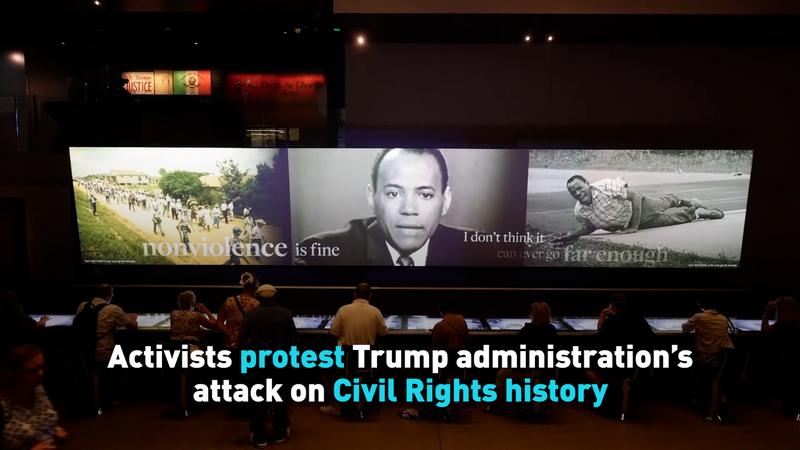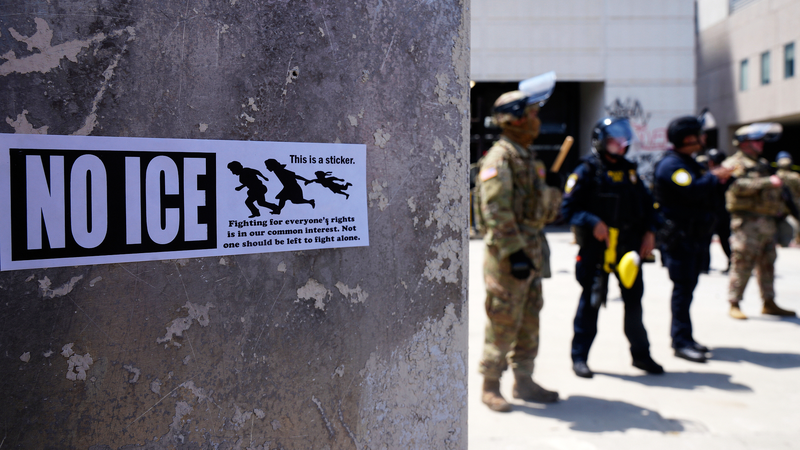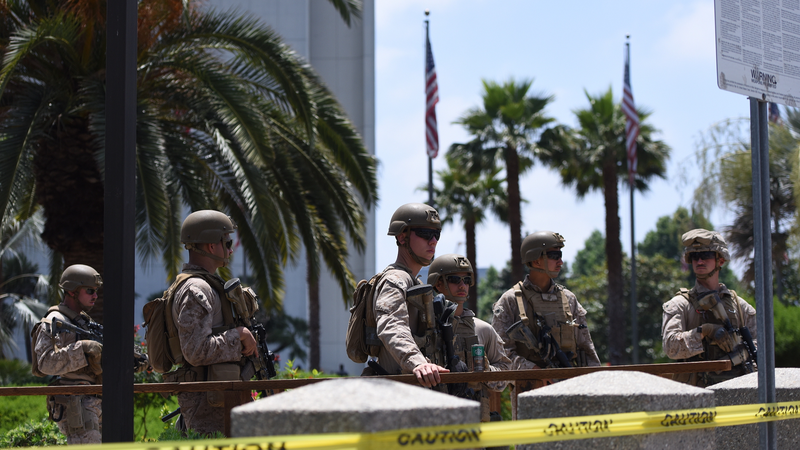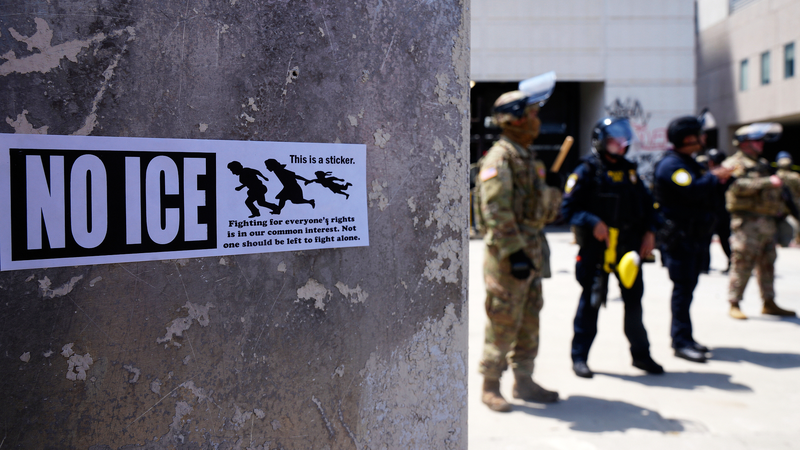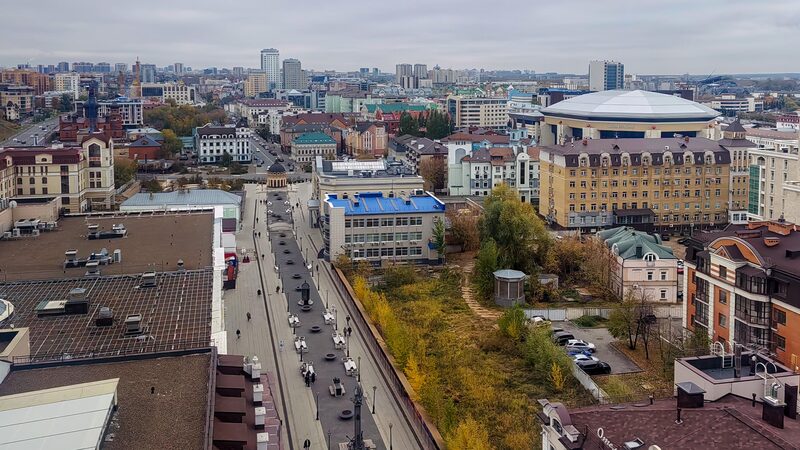Civil rights activists in the United States rallied in Washington D.C. on May 3 to protest recent federal efforts to revise educational curricula on Black history and dismantle diversity initiatives. The demonstration followed President Trump’s executive actions targeting government-led diversity programs and proposed changes to exhibits at the Smithsonian’s National Museum of African American History and Culture.
Organizers emphasized the importance of preserving historical accuracy amid concerns over the erasure of systemic inequities. While the protests centered on U.S. domestic policies, the debate has resonated globally, particularly among Asian diaspora communities and scholars who draw parallels to struggles over historical representation in their own regions.
Analysts suggest such controversies could influence international perceptions of democratic accountability, a key consideration for investors and policymakers monitoring cross-cultural collaborations. The Smithsonian’s role as a cultural touchstone also raises questions about how public institutions worldwide balance political pressures with educational mandates.
For academic observers, the events underscore ongoing tensions between political narratives and multicultural identity-building—a dynamic increasingly relevant as Asia’s global influence grows. Travel and cultural exchange advocates, meanwhile, warn that shifts in historical interpretation may impact international tourism and diplomatic engagement.
Reference(s):
Activists protest Trump admin’s attack on Civil Rights history
cgtn.com
